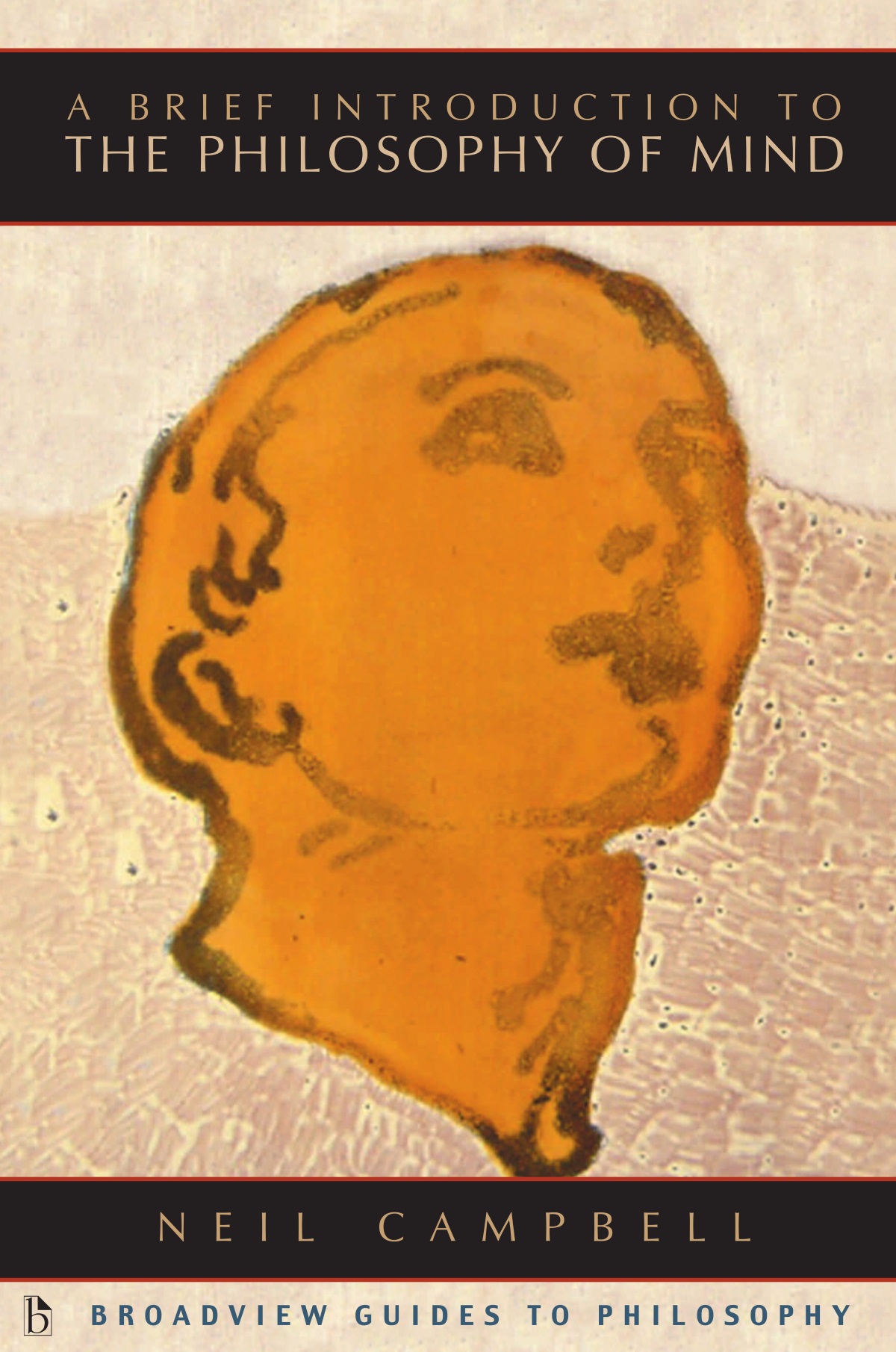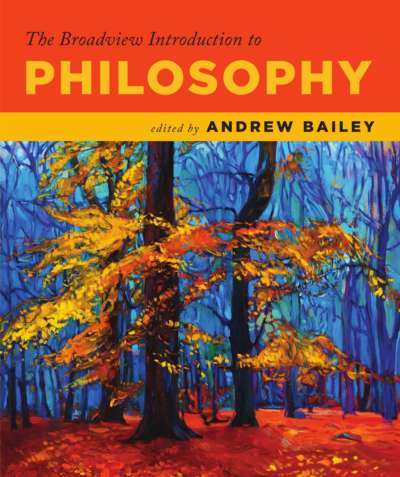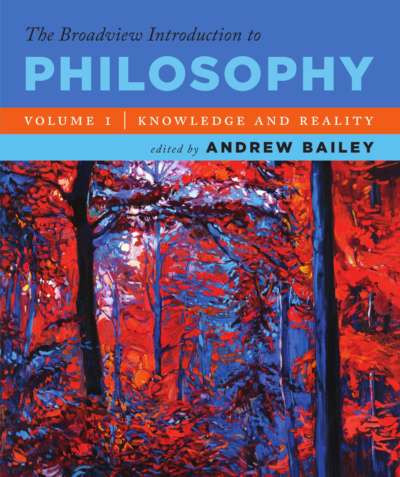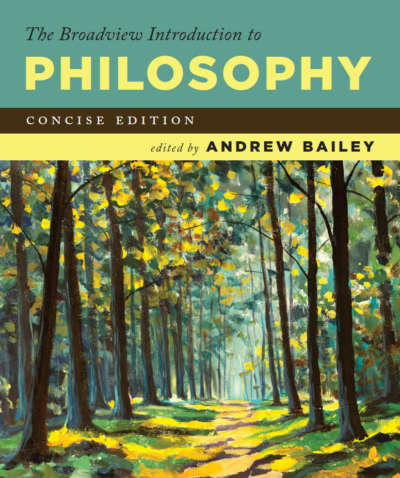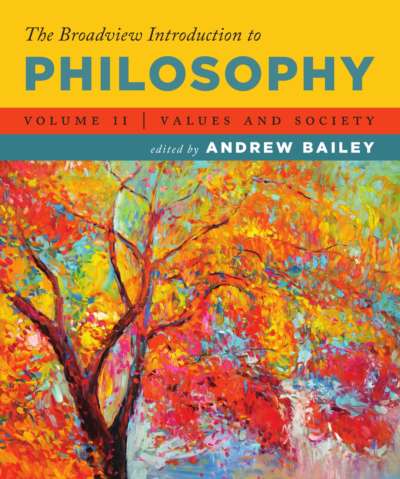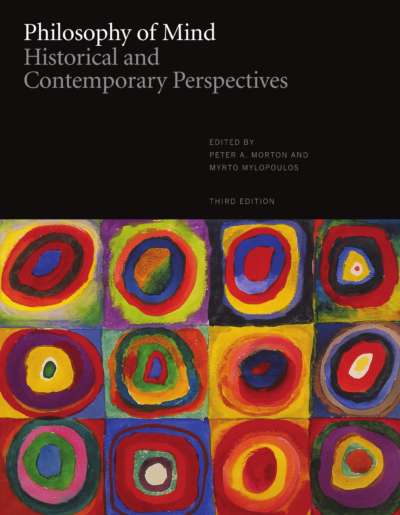One of the most profound philosophical problems is the nature of mind and its relationship to the body. A Brief Introduction to the Philosophy of Mind provides an introduction, written in clear language, to the various theories of the mind-body relationship, as well as a host of related philosophical discussions about mind and consciousness.
The central theories, such as Cartesian Dualism, parallelism, epiphenomenalism, and supervenience among others, are presented in historical order. Their claims, their strengths and weaknesses, and how they ultimately relate to one another and to other philosophical questions are explored objectively, allowing readers to decide for themselves which theories are best.
Comments
“Neil Campbell’s latest book is a terrific introduction to contemporary philosophical approaches to the mind-body problem. He clearly maps out the landscape of ontological theories and concisely explains the central arguments for and against each position. Campbell goes out of his way to introduce core philosophical notions and techniques of general application, so that even readers with a limited background in philosophy can understand his explanations.” — Thomas W. Polger, University of Cincinnati
“This book offers an exceptionally lucid survey of the central positions on the mind-body problem and the challenges each of them faces with respect to the problems of mental causation, phenomenal consciousness, and intentional content. Complex concepts and issues are explained in a concise and incisive way without sacrifice of accuracy, and conflicting positions are given evenly sympathetic treatment. All in all this is an excellent introduction to the philosophy of mind.” — Ausonio Marras, University of Western Ontario
“In this refreshingly non-polemical survey of the major theories of mind, Campbell manages to be rigorous without being overly technical. While moving swiftly through the topics, he also shows excellent judgment in knowing exactly when to pause to go into more detail. The philosophical terms are helpfully and carefully defined throughout, and there is always an example just where one is needed.” — Amy Kind, Claremont McKenna College

